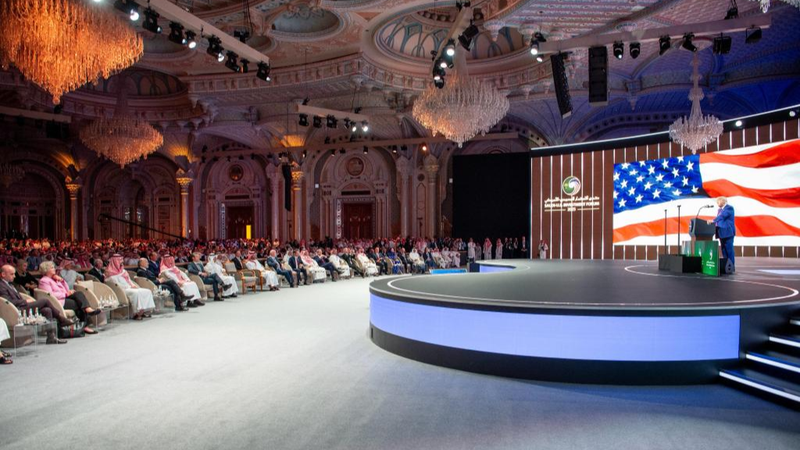President Donald Trump returned to Washington fresh from a whirlwind Middle East tour, where Arab leaders pledged more than $2 trillion in Boeing jets and military hardware. Yet as global citizens watched, the specter of daily Israeli strikes on Gaza and the West Bank dimmed the glow of big-ticket deals.
In Riyadh, Trump pushed for a wider embrace of the Abraham Accords—a 2020 pact that normalized ties between Israel and several Arab states. His pitch extended even to Syria, but many analysts believe no new signatories are likely while Palestinian citizens face ongoing attacks.
For decades, Arab leaders have championed a Palestinian state alongside Israel. Viewed as the cornerstone of peace, the two-state solution has been U.S. policy for years. But recent mixed signals have shaken confidence in its path forward.
One of Trump’s boldest ideas was to transform Gaza into a "Riviera on the Mediterranean", with luxury apartments dotting the shoreline. Egypt, Jordan and other Arab nations quickly dismissed the proposal, seeing it as a veiled effort to displace Palestinian people rather than support them.
This debate resonates with young travelers and digital nomads, who dream of exploring a stable, immersive Mediterranean coast but worry about the toll of conflict on communities and cultures. Business and tech enthusiasts see big opportunities in regional rebuilding, yet question how sustainable peace can be achieved.
Thought leaders and changemakers point to data-driven insights: surveys show that more than 60% of residents in the region support statehood for Palestine, while economic reports flag the urgent need for reconstruction and humanitarian aid in Gaza.
As the U.S. and its partners weigh next steps, global citizens are left to ask: Can economic incentives and diplomatic outreach realign long-standing fault lines, or will the humanitarian crisis continue to deepen? The answers will shape not just policy halls in Washington and Riyadh, but the daily lives of millions across the Middle East—and around the world.
Reference(s):
cgtn.com




